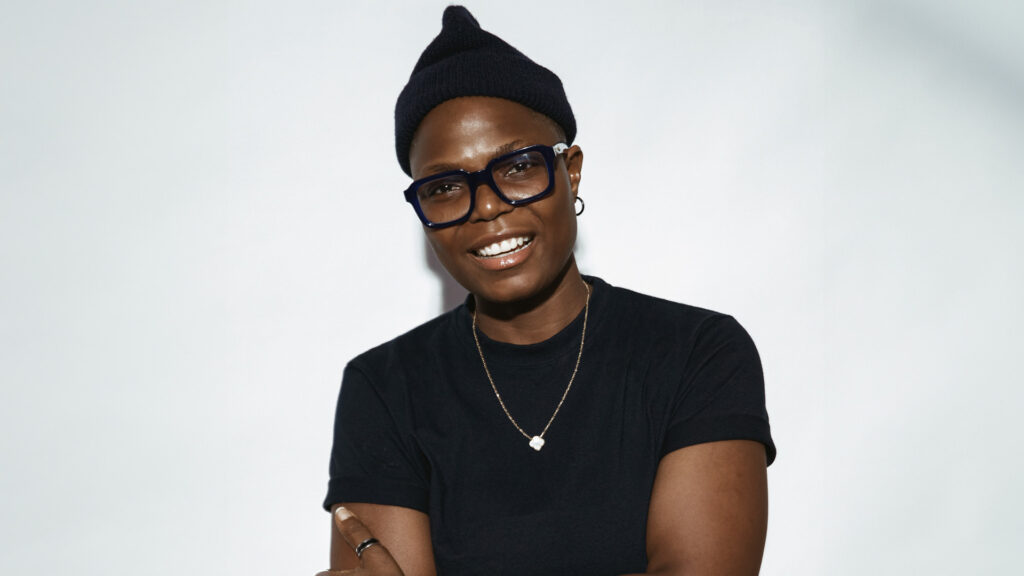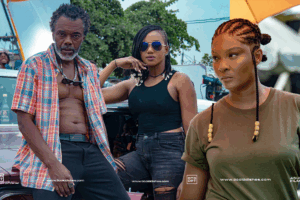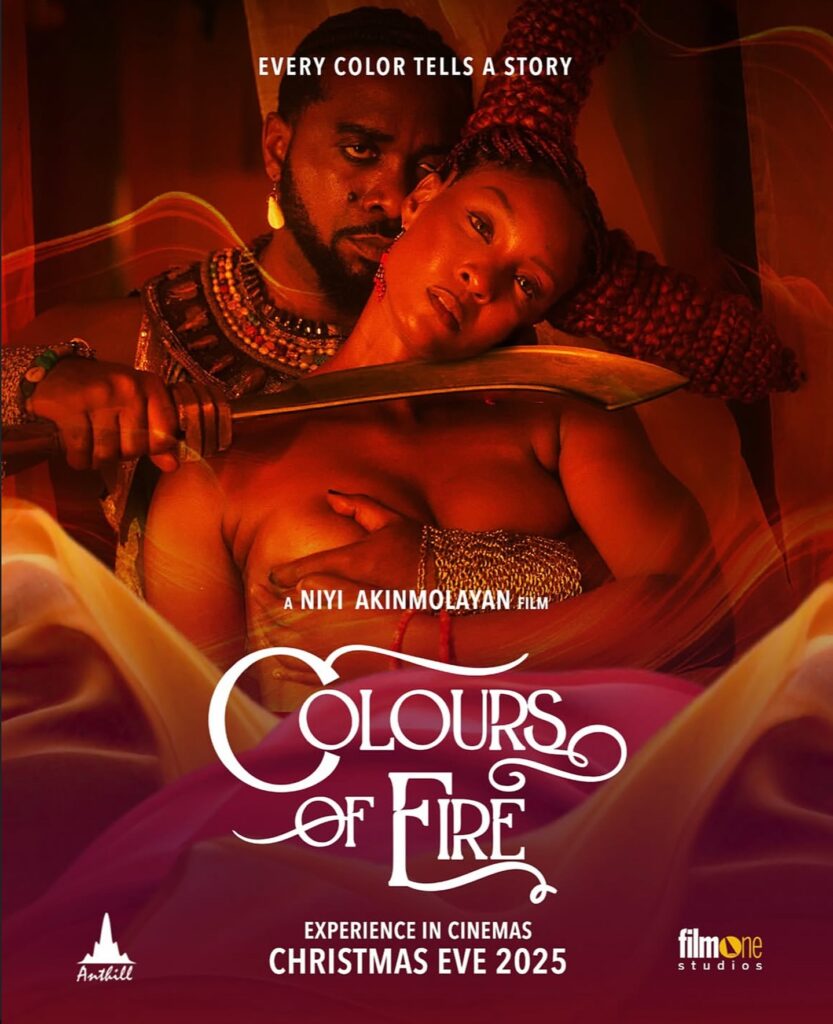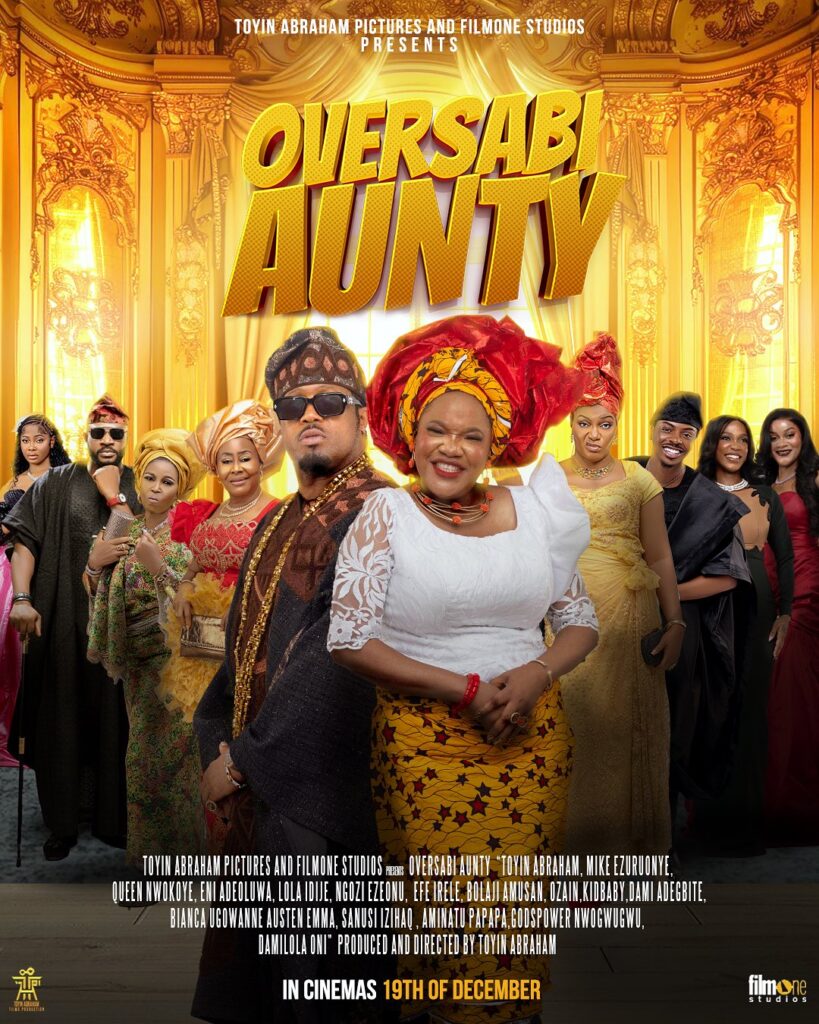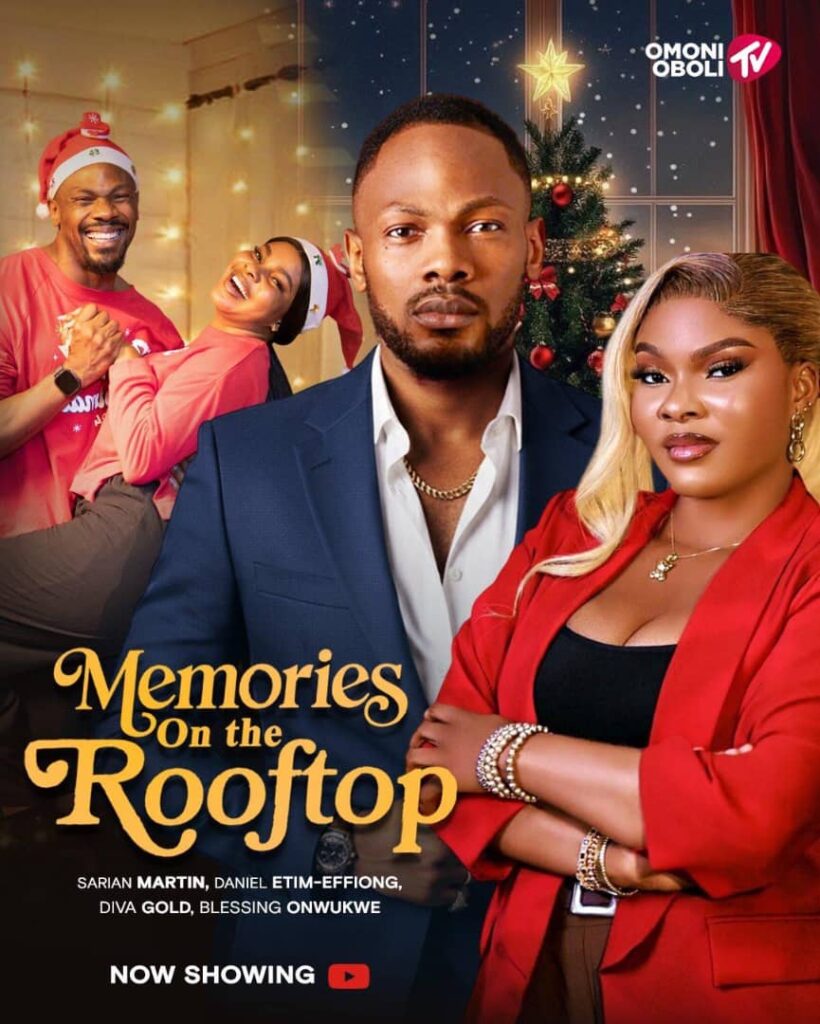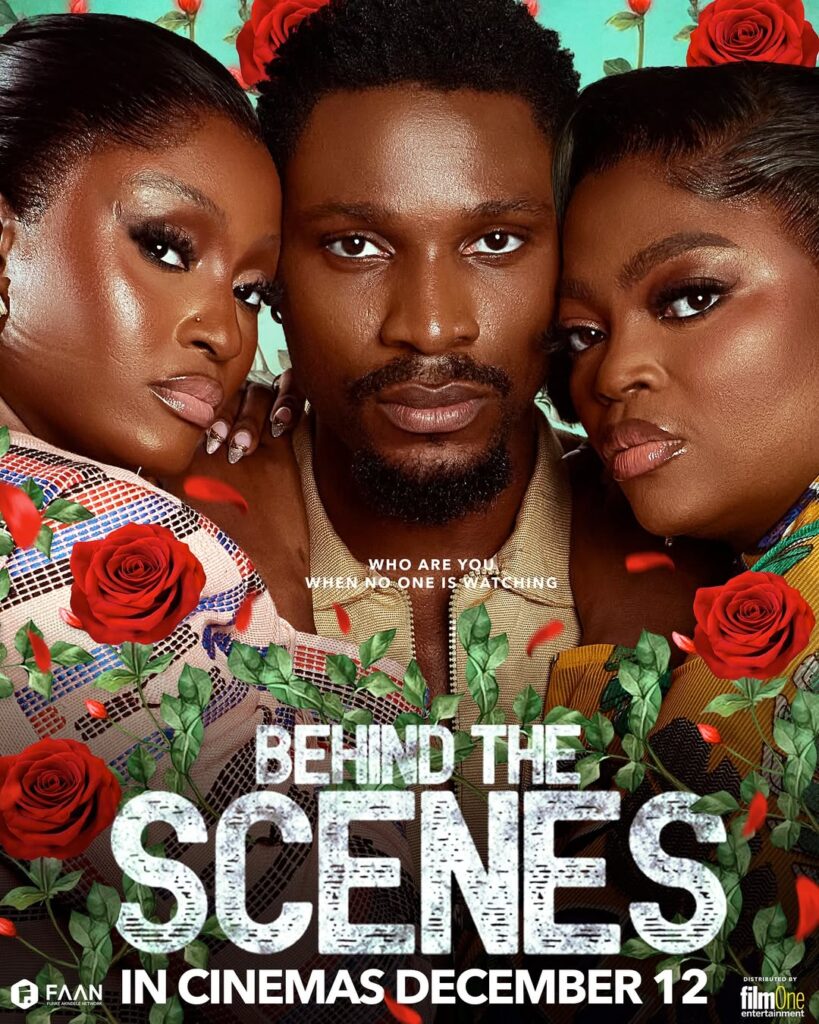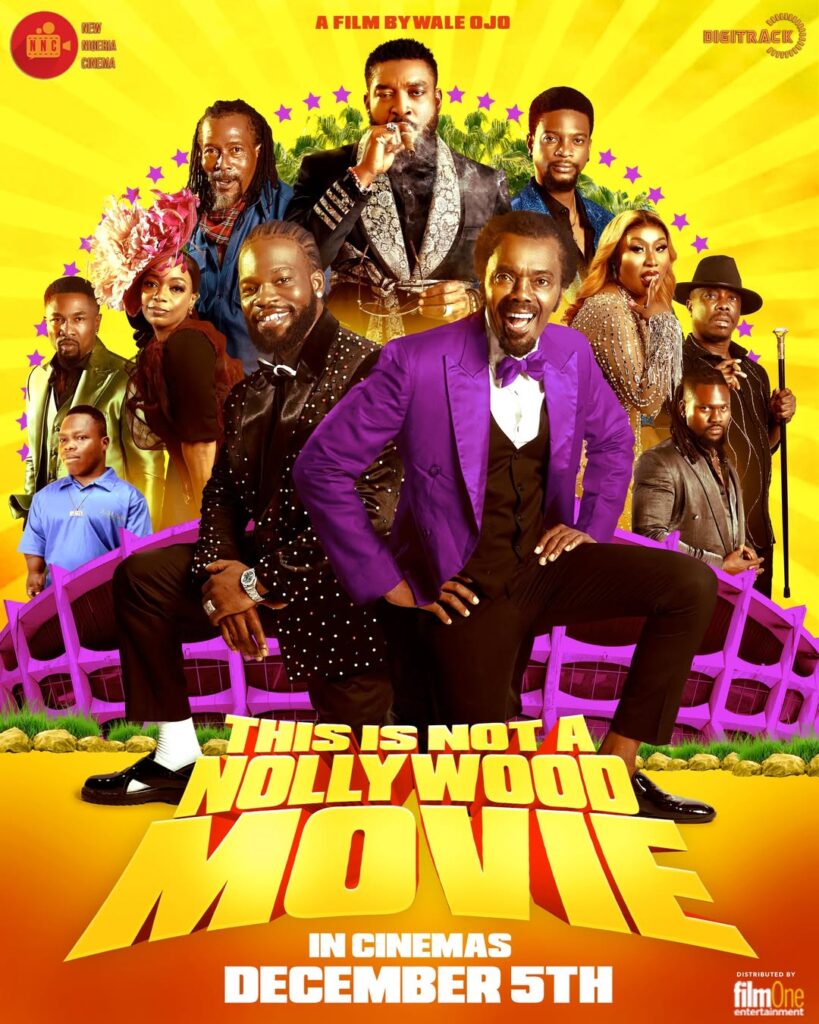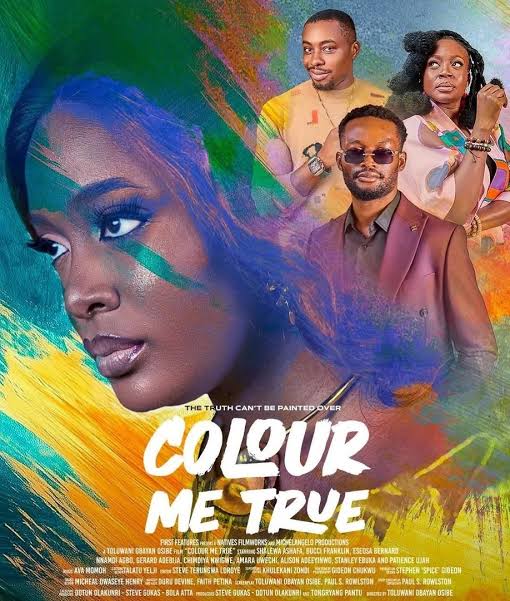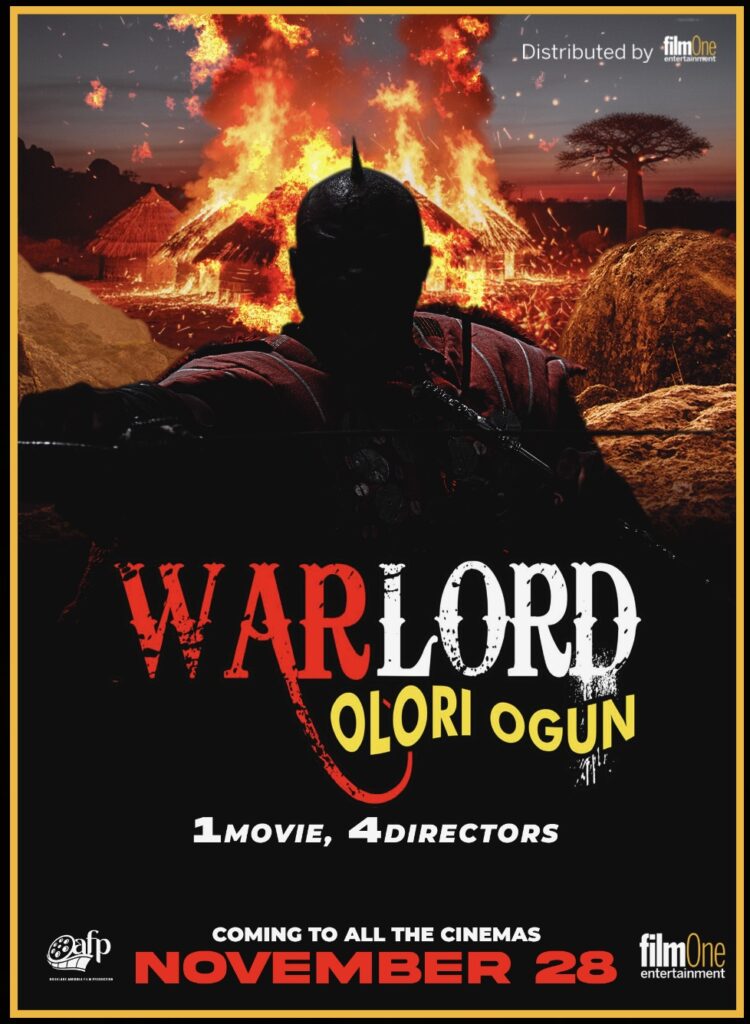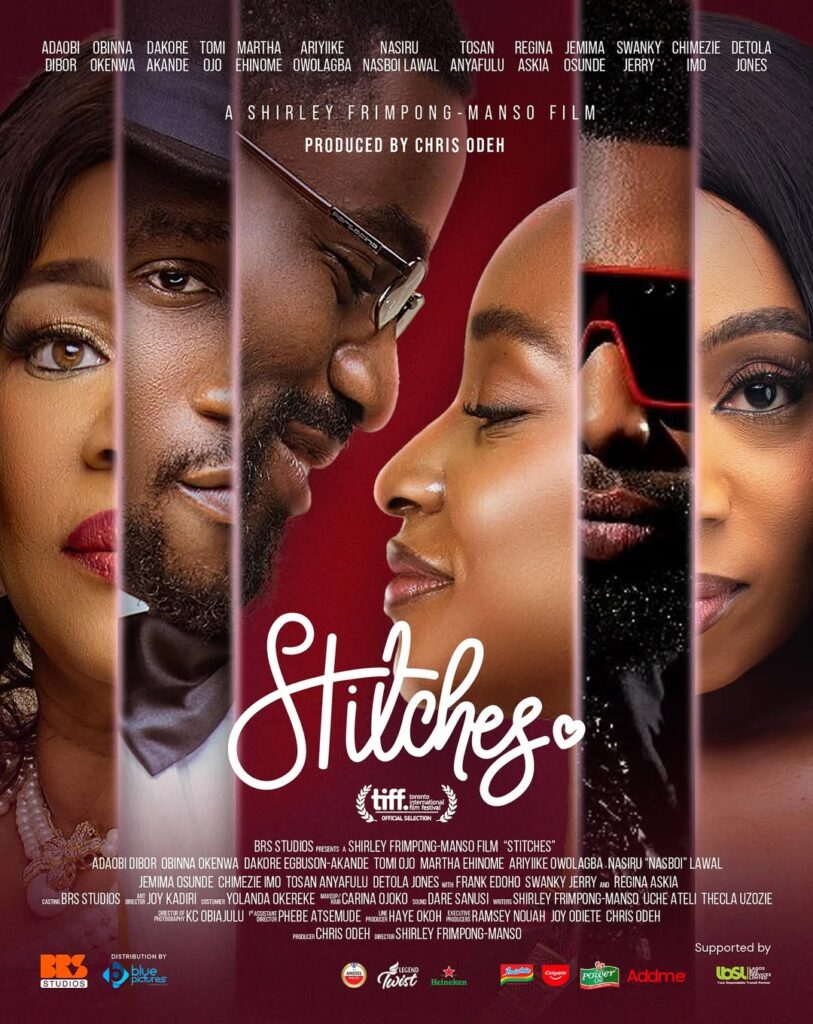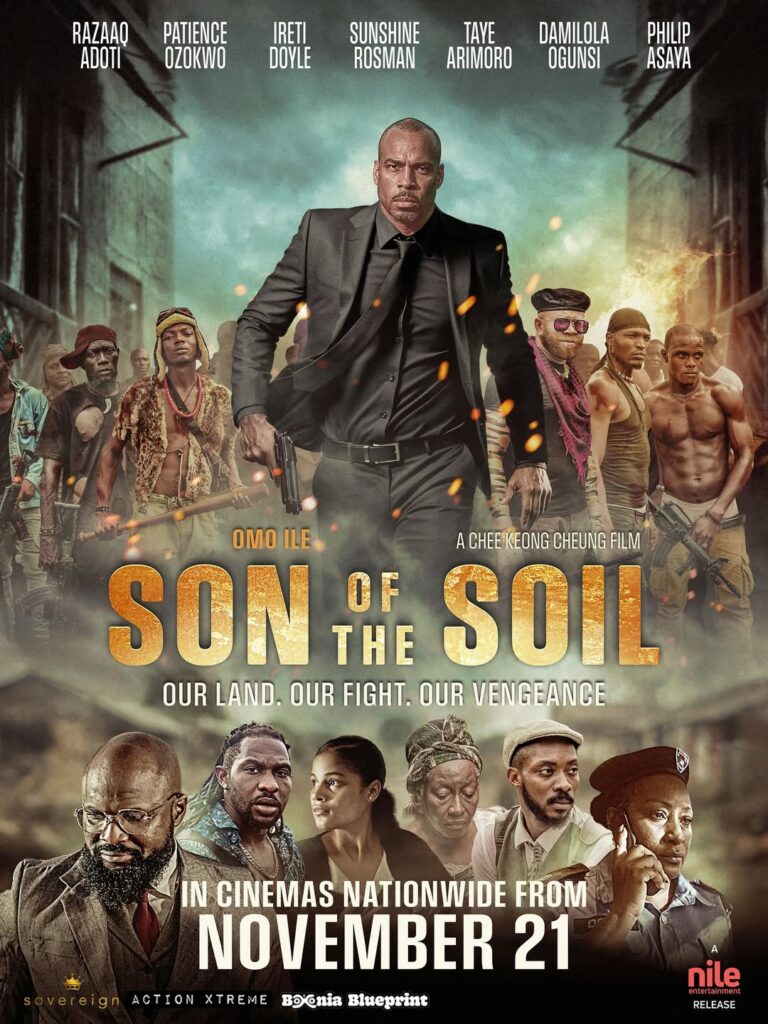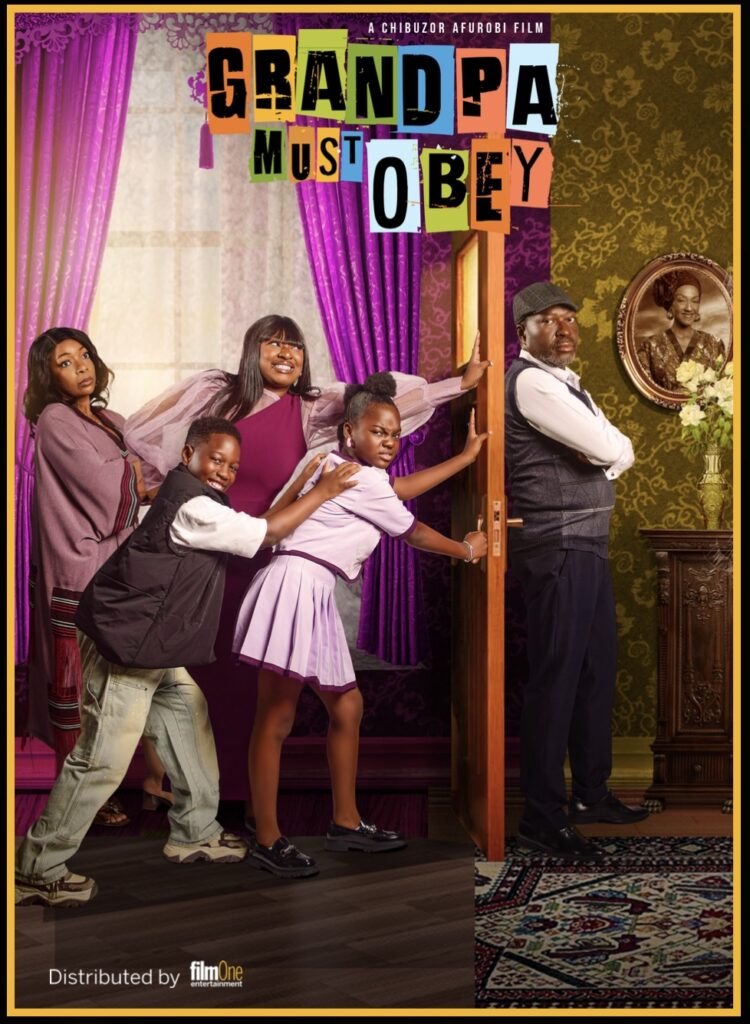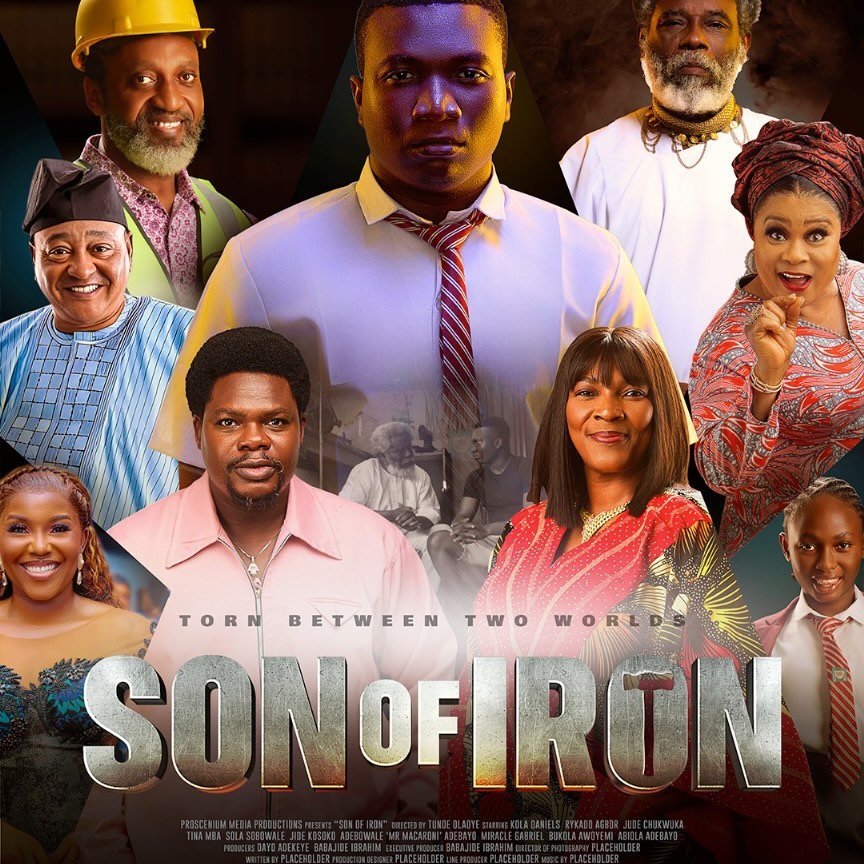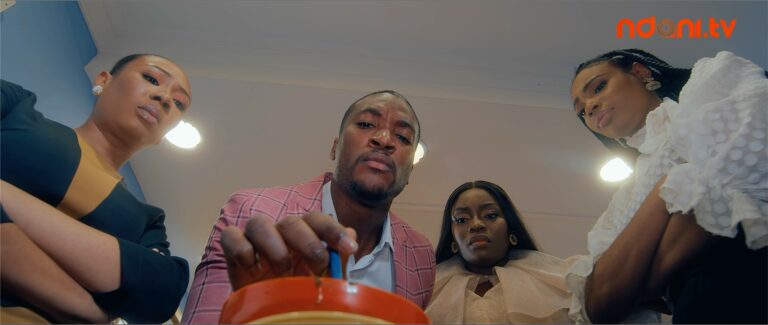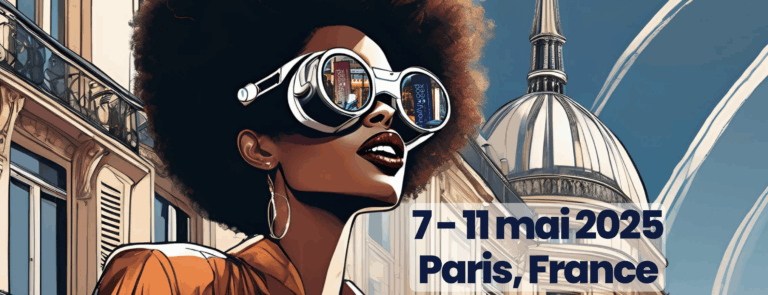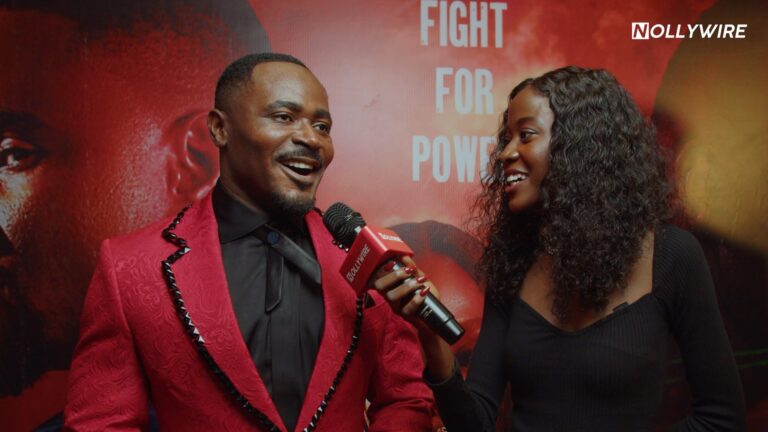Filmmaking is one of the most collaborative art forms, and while directors are majorly praised, their right hands rarely share in the praise. An Assistant Director (AD) is the director’s liaison. They take up the managerial role, which includes the logistics and running of the set during production so the director can focus on the craft of filmmaking.
Mayowa Bakare, commonly referred to as May Baykar, is one of Nollywood’s heralded Assistant Director. She served as the 1st AD for Xavier Ighorodje and Chichi Nworah’s ‘Shanty Town’, Netflix’s latest series ‘Baby Farm’ and Idris Elba’s ‘Dust to Dream’.
Bakare didn’t start off desiring the shoes of an Assistant Director but she has always been interested in stories. She worked as a script supervisor for a couple of years before realising she wanted a role in filmmaking that challenged her and demanded her to do more, be more. This pang led her down the path of an Assistant Director, a 1st AD.
ADs are known in pop culture as the ones who yell “quiet on set” but they do so much more than that and Mayowa Bakare takes us on a deep dive into the role of an Assistant Director.
Directors often get the glory, but you’re the one keeping everything together. What’s your relationship like with directors, and how do you build trust with them?
I understand the job and what it entails. It’s not a celebrity position. However, everyone on set has their duties. Mine is to help bring directors vision alive and that’s fulfilling for me. My relationship with directors is mostly cordial. I am a helper and I ensure they see me as that. A lot of directors know about me before they even work with me so there’s a certain level of trust on the ground.
On a Nollywood set, the AD is often part traffic warden, part therapist. What’s the wildest situation you’ve had to de-escalate between departments or cast?
This question! Phew! Assistant Directing is such a diplomatic and political position. I think one of the wildest situations would be when the Director and DPs aren’t on good terms and you have to work with both of them to ensure a smooth shoot without compromising both their visions. In hindsight, I think situations like that are a recipe for disaster and should be avoided. In other cases, I simply report to the producer when it involves a cast.
There’s this myth that ADs are just shouting, “quiet on set!” What part of your job do you think gets the least credit but is absolutely essential?
Yes, ADs shout “quiet on set” a lot. It’s part of the job to keep the set quiet since it’s not a marketplace. I’d say Background Directions. When you see a well-coordinated Background movement, people don’t know the ADs did that.
What does a typical day as an AD on set look like?
It’s like performing magic. Organising chaos, foreseeing challenges and getting it out before they become problems, making the day without compromising the quality of the shoot, ensuring a toxic-free work atmosphere and getting everyone home safely! Wash, rinse, repeat.
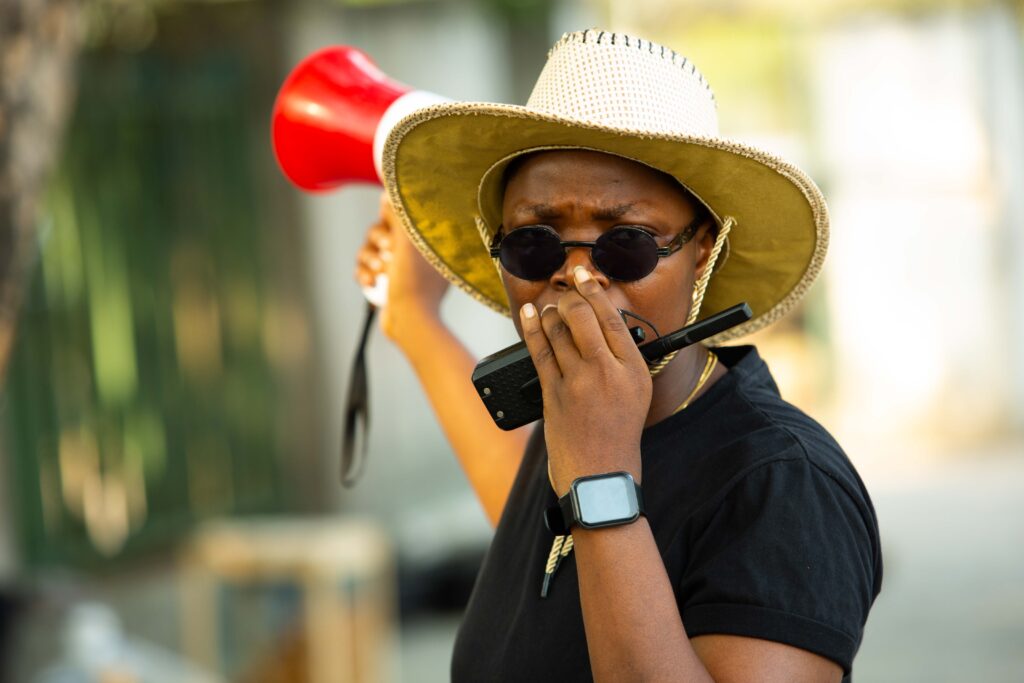
What’s your approach to managing time on a day where you have power outages, weather delays, and a lead actor running late? Paint us that picture.
I do what I can with the time I get and hold a meeting with my producer on rescheduling scenes for another day. However, the lead actor coming late must be addressed.
Have you ever had to push back on a director’s unrealistic vision or timeline? How do you say ‘no’ without stepping on creative toes?
It’s not your duty to say “No” unless it’s a safety hazard. The position of an Assistant Director is more administrative than creative. So yeah, I’d push back when it’s a safety concern.
What kind of crew culture do you try to create on set? Are you the no-nonsense AD or the one cracking jokes to keep morale up?
Both. Filmmaking is hard but some of us even have it harder. ADs are on the “having it harder” line. It’s extremely important to me to run a happy set whilst staying “no nonsense” and yeah, the late nights come with jokes and sometimes music to keep the morale up.
There are usually two ADs or even three on some projects; what is the difference between the 1st Ad and the 2nd AD?
The 1st Assistant Director has the overall AD Responsibility including managing logistics, creating a production schedule, running the set efficiently and working closely with the producer, director and ultimately the whole cast and crew.
A 2nd Assistant Director supports the First Assistant Director with the day-to-day activities by ensuring all elements the 1st AD needs to make the day are prepped, including overseeing the cast through Makeup, hair and wardrobe and preparing a daily call sheet.
In essence, the 1st AD runs the frontline set while the 2nd runs the back set. All with the supervision of the 1st.
There’s a lot of talk about improving working conditions in Nollywood. What’s something you personally insist on when running a set?
Fair treatment for the crew and sometimes the actors, which includes sub leads, day players and even background actors.
What’s your biggest pet peeve on set—something that instantly tells you, “This person has never worked on a professional production before”?
I know from afar when it’s your first time on a professional film set, but the biggest one is lateness, as it affects my day greatly. Others would be phones ringing out or constantly fiddling with your phone, standing in the pathway, then after being on set for days and still haven’t grasped the basic information.
If a young filmmaker came up to you and said they wanted to be an AD, what would you tell them—beyond the job description?
Firstly, young filmmakers shouldn’t want to be an AD without a WHY and/or researching about the job. Otherwise, I’d say, “Welcome on board and good luck!”

